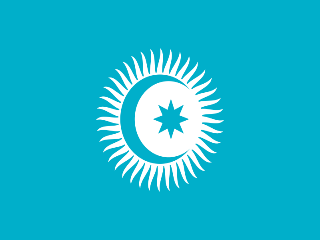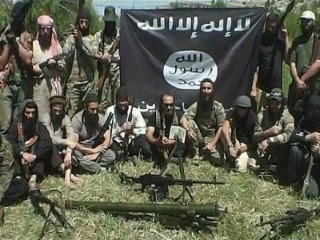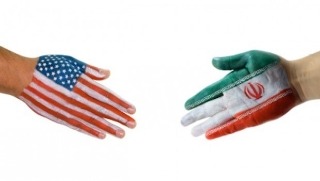“CACI Analyst, February 19, 2014”
The Turkic Council: Will the Turks Finally Unite?
By Alim Bayaliyev (the 19/02/2014 of the CACI Analyst)
In early June this year, Turkey will host the fourth Summit of the Turkic Council, an intergovernmental organization that brings together Azerbaijan, Kazakhstan, Kyrgyzstan, and Turkey. Presidents Ilham Aliyev, Nursultan Nazarbayev, Almazbek Atambayev, and Abdullah Gül will discuss a wide range of issues related to multilateral cooperation among their countries as well as other matters pertaining to the broader regional context. While the Council has since its establishment in 2009 made meaningful progress on institutionalizing the interaction among the engaged Turkic states, it will take more time and a concerted effort to build a strong, vibrant, and sustainable political alliance.

“CACI Analyst, February 05, 2014”
Azerbaijanis Volunteer in Syria Conflict
By Emil Souleimanov (the 05/02/2014 issue of the CACI Analyst)
Recently, frequent media reports of Azerbaijani citizens involved in the Syrian civil war have sparked a renewed interest in the possible impact of Arab revolutions on this post-Soviet country. Even though Azerbaijani authorities have sought to remain silent on the matter, news from both the South Caucasus and the Middle East suggest that Azerbaijani volunteers have increasingly been participating in the civil war hundreds of miles away from their homeland. Upon their return in Azerbaijan, they might pose a serious threat to the internal stability of the nation of nine million, located at the crossroads of Turkey, Iran, and Russia.

U.S.-Iranian Rapprochement: Implications for Azerbaijan
By Farhad Aliyev (the 22/01/2014 issue of the CACI Analyst)
The Geneva interim agreement in November, 2013, between six world powers and Iran on its disputed nuclear program could mark the start of one of the most significant transformations in the Middle East over the last decades, with ramifications across Eurasia. Azerbaijan, as one of Iran's neighbors and sharing certain religious, ethnic, and cultural commonalities with Iran, should be considered among the countries most influenced by the success of negotiations with Iran, even in terms of Azerbaijan's domestic development.



